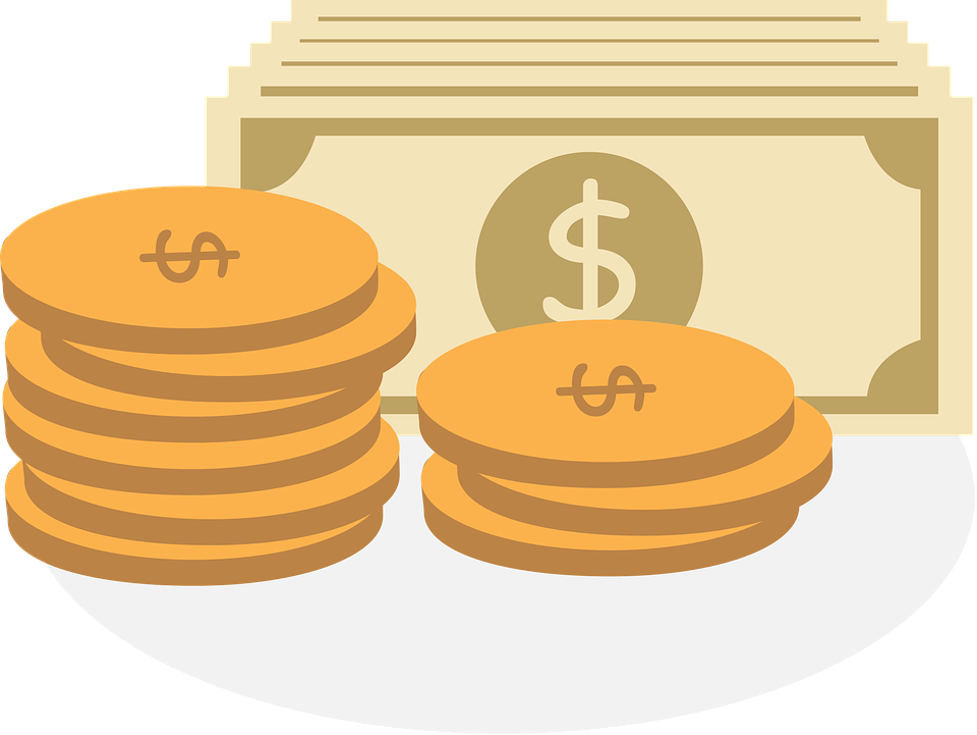Are you planning on becoming a real estate investor? If you are a beginner, you should consider investing in land properties, especially if you have limited resources. While investors often ignore these opportunities, the truth is they could bring significant profit while minimizing stress and effort. Here are the main reasons why you should invest in land!
1. It’s Not Expensive to Purchase
It’s only logical that a vacant lot is more affordable to buy than a property with a structure there. For all those investors who don’t have generous funds in their budget, this can be a smart opportunity. It allows you to enter the investment market with minimum funding.
Additionally, it’s worth noting that the taxes won’t be that big either. The general rule is that you’ll pay a lower rate than when purchasing a property with buildings on it. Furthermore, there is no hassle while waiting for the seller or tenant to leave the premises.
2. The Value Can Only Increase in the Long Run

A huge benefit of purchasing land is that it will remain in a largely identical condition as when you purchased it. Even if a flood or fire occurs, the majority of damages will be short-term. Once enough time passes, the land will fully recover.
That means the land’s value won’t depreciate over time. Furthermore, you can only expect it to increase with the right turn of events. If the town becomes attractive for developers and people start coming to the area, the odds are the price will increase. That’ll be the perfect opportunity to sell the property and earn money.
3. No or Minimal Maintenance Required
If you purchase a property with a building or buying land with utilities, it’s vital to maintain it to keep it up to standards. Nobody likes to see a deteriorated structure, and it usually decreases the overall property value.
But if you purchase land, there is nothing to maintain. You might need to cut the branches occasionally or plant a few flowers, but that’s where the effort stops. Thanks to this minimal involvement, an investor can also minimize property-related recurring expenses.
4. It’s a Restricted Asset

The logic is simple – our planet isn’t getting any bigger. That means there are only fewer vacant lots with time, and that suggests their value can only increase.
However, you still need some common sense and investor skills to identify the right property to purchase and to determine if it’s a restricted or unrestricted land property. It’s best to identify land for sale in areas where growth is imminent. For example, locations close to big cities that still haven’t expanded are likely to grow in the coming years. Also, lots near the new roads and other structures could be attractive for investors.
5. Far Less Competition Than in Other Areas
We mentioned that land investment is an overlooked gem in the real estate industry. Most investors focus on properties that could be renovated or those situated in crowded towns and cities. That’s why there are fewer investors who bid on vacant lots.
It’s your opportunity because that increases the odds of getting a better price for the deal. It rarely happens that someone overpays for the property, which investors find crucial.
6. It Provides A Peace of Mind
If you own a house, somebody could break into it and steal valuable properties. They could also demolish the valuables and reduce the overall property cost. That’s not something that can happen with vacant lots. Thieves can’t take a piece of your land with them, which guarantees peace of mind.
Ultimately, land investing is a big chance for investors who are only entering the real estate world. Once you purchase the land, it’s up to you what to do with it. Apart from selling it, you can negotiate with a farmer or hunter to pay “rent,” or you can keep the property for yourself.
Author Bio:
Skylar Ross is a writer for Land.us who specializes in topics related to land management, property investment, and real estate. He focuses on helping current and prospective landowners care for their land, discover investment opportunities, and be successful in land brokerage deals.

Land investment can be a good idea. These are the things that you need to consider that may contribute it to being not so much of a good idea. Initially owning land is a great concept, until it comes to down payment. Lenders require a hefty down payment on land. For example a $100,000 lot in most instances will require a down payment of 50% – 75%. That would require a down payment of $50,000 – $75,000. Consequently if a purchase was made on an existing residential home / two family, priced at about the medial national average of a $350.000 purchase, a lender may finance with little to no money down, or up to 10% down. Even at 5% down, your outlay of cash is only $17,500, and with 10% your down-payment is $35,000, still less than the required monies required on down on raw land. Of course there will be closing costs in both instances when financing (raw) land or land w/buildings. Raw land will not generate income, but, it will cost you taxes. At the end of the day, your land is still just undeveloped land and may not provide you with that roof over your head. You could generate income by the potentially leasing of the land, or you may work the land through foresting and or agriculture. Land is considered more risky to a lender as it is not as liquid or saleable, when compared to an existing home. Thus your interest rate typically is higher that on a residential existing home purchase.. More people are shopping for homes, as opposed to undeveloped raw land. Other things to consider and questions you need answered when purchasing undeveloped land. What kind of land is it? Residential, Commercial, Agricultural, will zoning meet your intended use? You will want to confirm the current zoning prior to purchase. Are there any land use restrictions place on the property through zoning, deed restrictions, town by-laws, right-of-ways, and or restrictive covenants recorded with your deed? Has any environmental contamination occurred on this land? Is the land sub-dividable? What is the expectation for the future use of the land surrounding the prospective land. Last but not least, what are the expenses involved? Are there wetlands? What is the topography? What are the soil conditions, ledge or hardpan, has anything ever been buried on the land? In a case of refuse buried or an occurrence that lead to soil contamination or the potential of? The cost associated with such cleanup can render land useless in some instances. Is the property service by municipal water and sewer, or is it a case of private septic/leech, and private well? Access to municiple electric and or gas? As long as you do your homework and make a plan as to your land use goals and potential, you will have gone into your land purchase with eye’s wide open.